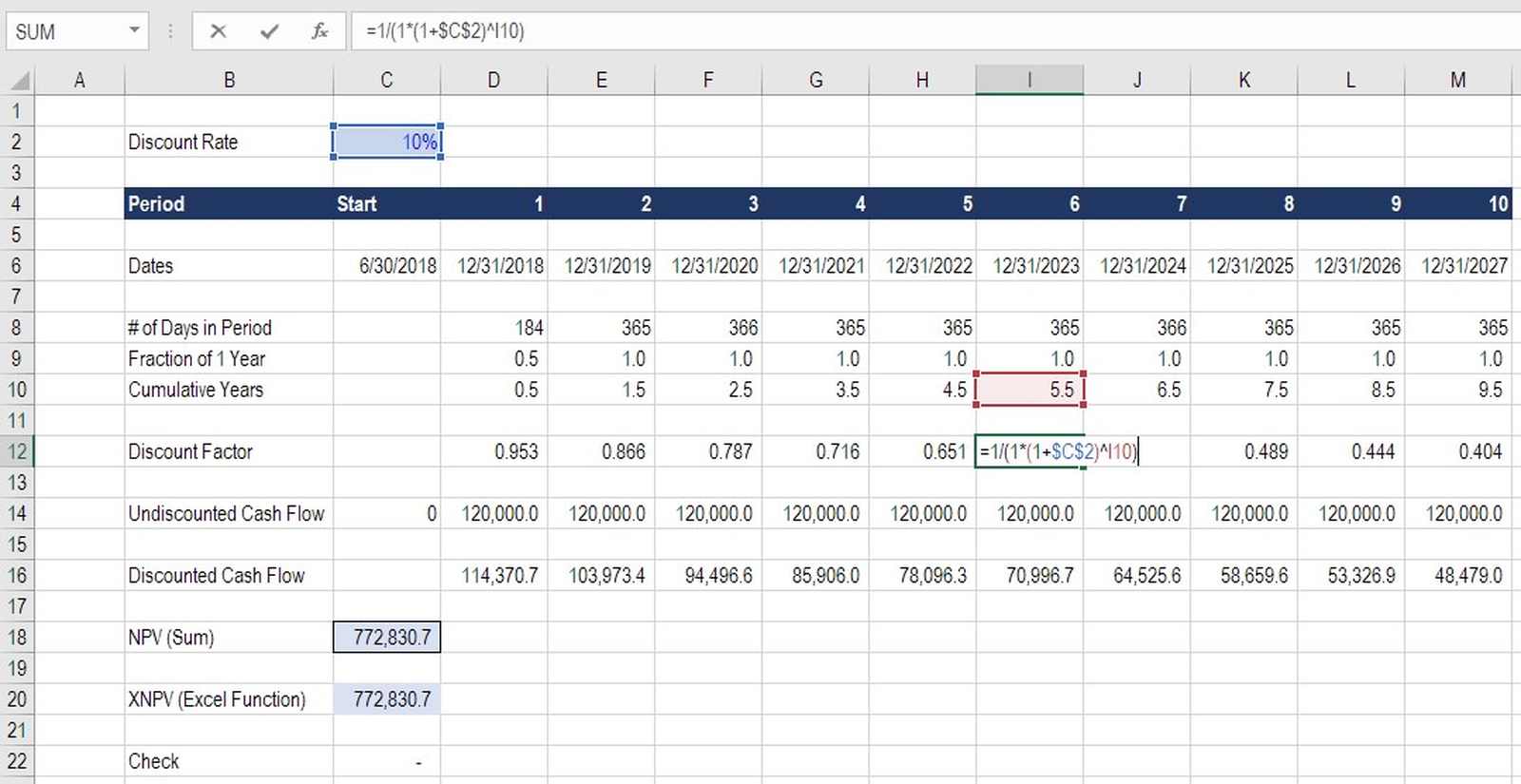And when the OAS under a really brave secretary general, Luis Almagro, attempts to bring the organization toward acknowledging that Venezuela is no longer in compliance with the Inter-American Democratic Charter, he is not getting the complete support of the hemisphere, and indeed much of the Caribbean Basin has not gone along with that. And if you line up the votes, who voted in favor and who stayed away, you can do a quite simple one for one comparison based upon who belongs to Petrocaribe. And so the implication of your concern I think is spot on, you know, and that is why I think when we talk about the Caribbean in Washington, oftentimes we consider it in the context of, you know, island nations or programs or social development, and all of these are very, extremely crucial concerns.
And the dividends pay off down the road when Venezuela itself remains in the spotlight of the international community. Then they have buddies that they can depend on and it pays dividends for them - How to finance building a home. So I think that at the end of the day that is a lesson frankly that we can find out, and I believe we can develop toward reversing that course. Ms. Yearwood. I concur 100 percent with Eric. Venezuela actioned in at a time that was very important for much of the area and now the area is very much paying the cost, whether it is in financial obligation or other locations connected to votes and other requirements that they do as a result of the-- Mr.

Increased expenses in energy too now. Ms. Yearwood. Sorry? Mr. Sires. A boost in the cost of energy likewise. Ms. Yearwood. Oh, definitely, definitely. And so I think to the point, we are at an important point now with the expense of energy being what it is with the U.S. energy supply going up and the area taking a look at methods to increase sustainable energy, whether it is through natural gas or getting the region less based on Petrocaribe and able to make these switches to brand-new kinds of energy is going to make a substantial difference. Mr. Sires. See, I don't believe things happen by accident.
The other issue that I have is the considerable increase of China in this area. You understand, we seem to be put wesley timeshare exit to a lull of sleep or something since everyone seems to move in and then we respond. And we https://www.facebook.com/ChuckMcDowellCEO/ do not seem to catch these things till something like this happens, you understand, like Venezuela. So sadly, you know, because I have actually been here we have been pushing-- and I understand Mr. Meeks and the other members that are here, you know, this is an essential region for us. It is an essential area for America and we actually must focus.
They are going to go through the Panama Canal and they can be found in and they toss cash, you know, at these small countries, which in truth they can't pay for not to accept the cash. So how much of influence is there now of the Chinese? And I know it is growing, however-- Ms. Yearwood. The Chinese influence, it is in fact very interesting to view the method China has actually sort of entered into the area and the kinds of jobs. Often it is a sports stadium - How to finance an investment property. I think the recent, the Baha Mar fiasco in the Bahamas, you have actually seen the Chinese Federal government been available in in such a way that the U.S.
If a Chinese designer enters a nation in the region they have the Chinese how do timeshare exit companies work financing and the Chinese Government behind them. Mr. Sires. And the employees. Ms. Yearwood. And the workers. And so you have effectively got a plan that the U.S - What happened to yahoo finance portfolios. can not-- the Foreign Corrupt Practices Act and all sorts of other factors, the U.S. can not compete in regards to the kinds of financial investment that they have the ability to take in without kind of having to do the due diligence behind it. And it is extremely welcome in a great deal of places, however what Baha Mar has shown us is that it can develop an extremely challenging scenario for the countries where they go.

Farnsworth. I think Sally raises a truly intriguing and important point in this context. Which of the following can be described as involving direct finance?. You understand, the Chinese or Venezuelan design is a state-led model, so the capital of the country, the leaders in the nation can say this is what we are going to do. We are going to produce Petrocaribe or we are going to develop a sports arena or we are going to declare that we are going to develop these tasks, whereas the U.S. design is private sector-led model. And the disconnect here is that we are dealing with smaller sized economies, island nations, and in contrast of other investment opportunities in other countries in Latin America, much less worldwide, these are economies that usually aren't going to draw that large financial investment other than in a couple sectors like tourism like we have been talking about. What the onus needs to be is to find ways to clear and establish a seamless economic space between the U.S. and the Caribbean so that private sector capital can work. There are chances. Finally, I would state that the Caribbean is becoming a a lot more complex location due to the fact that of the modifications in policy towards Cuba, the cross-cutting trade contracts such as CAFTA, et cetera, and we need to consider the Caribbean now in a broader sense. In regard to Haiti, I believe very essential is its ongoing integration with the English-speaking Caribbean, due to the fact that these are well established democracies and it is an economic location which holds opportunities for Haiti and there is now quite a lot of Caribbean investment going into Haiti and vice versa.